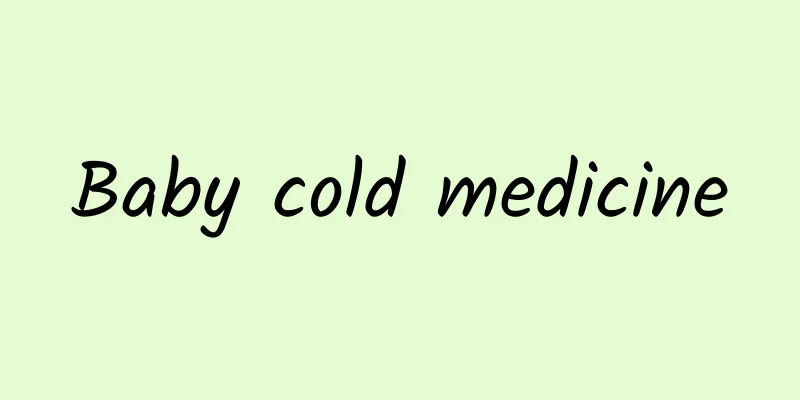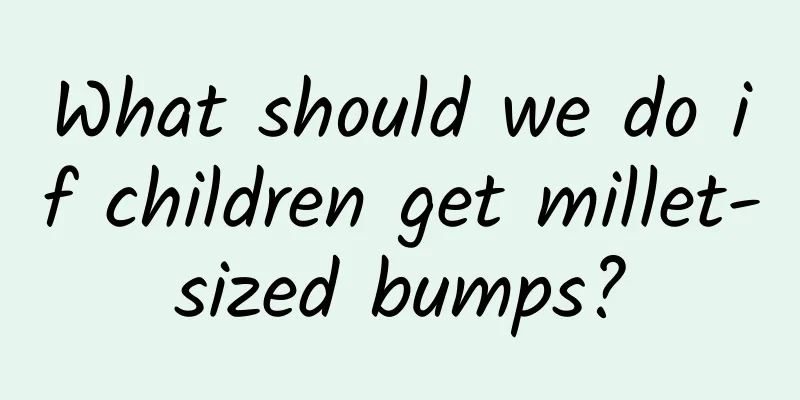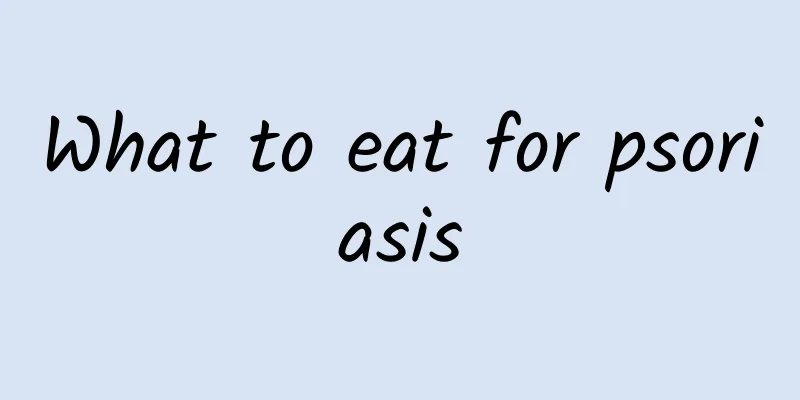Baby cold medicine

|
Babies are weak and have no ability to express themselves verbally. How much clothes they wear and how many quilts they cover themselves with depends on the adults' feelings. Sometimes adults feel that the weather is not too cold, so they dress babies in fewer clothes, and the babies will catch a cold. Sometimes adults feel the weather is very cold and the baby wears too many clothes, the baby will sweat, and sweating can cause the baby to catch a cold. In short, it is common for babies to catch colds. What should I do if my baby catches a cold? There are many cold medicines for babies now, including Chinese and Western medicines. Are cold medicines for babies safe? Do babies have to take cold medicines when they catch a cold? If they don't take cold medicines, will the baby's cold heal on its own in seven days like an adult's? If a baby has a cold and the fever is below 38 degrees, it is better to give less medicine. You can boil some ginger water for your baby and let him drink it as boiled water. If your baby is under 3 years old, the ginger tea should not be too strong, in case the baby finds it spicy. Add a little brown sugar. Low fever can also be treated with physical cooling methods. Cold medicine is prohibited for infants According to a notice recently issued by the State Food and Drug Administration, cold medicines containing the ingredient "amantadine hydrochloride" are prohibited for children under one year old, including cold medicines from brands such as Youkadan, Kuihua Kangbao, and Haowawa. Children with colds should not be given medicine blindly. Parents should follow the doctor's advice when giving them medicine. Children should use these four types of drugs with caution 1. Aminoglycosides: prohibited for use in children under 6 years old, such as gentamicin, amikacin, streptomycin, etc. 2. Macrolides: erythromycin, roxithromycin, azithromycin, etc., which can cause serious damage to children's liver. 3. Chloramphenicol: may cause aplastic anemia, gray baby syndrome, and liver failure in children. 4. Quinolones: Norfloxacin, Ciprofloxacin, etc., must be used with caution in children and it is best not to use them because they will affect children's growth and development. Parents must pay attention to their baby's cold, especially when the cold causes a high fever of over 38 degrees. They must see a doctor and not take any medicine at home. High fever can cause many illnesses in babies. High fever and convulsions can cause severe brain damage to the baby, etc. Babies are a vulnerable group and need special care from their parents. |
Recommend
How to identify vitiligo
The identification of vitiligo seems relatively s...
Diet for patients with hypothyroidism
Patients with hypothyroidism cannot consume high-...
Symptoms of waist wind
It is common for the waist to be affected by wind...
What is pituitary disease in women?
Pituitary gland disease is a very common disease ...
Immunoadsorption for rheumatic diseases
Rheumatism is a very common disease in daily life...
How to treat chronic pharyngitis
Patients with chronic pharyngitis often experienc...
How to get rid of pustules on the face
Most of the pustules on the face are acne. Acne i...
What to do about insomnia caused by Yin deficiency and excessive fire
Insomnia is a problem that many people have encou...
What to do with uterine fibroids? Traditional Chinese medicine recommends treatment methods
The uterus is one of the important reproductive o...
What causes tinea versicolor? Causes of tinea versicolor
The so-called tinea versicolor is what we often c...
Is hair loss related to kidney deficiency?
From the perspective of traditional Chinese medic...
Placenta Benefits
What are the effects of placenta, or what benefit...
The efficacy of chicken foot thorn root
There are many medicinal materials around us that...
What are the traditional Chinese medicine prescriptions for pharyngitis?
Medically speaking, pharyngitis is a respiratory ...
45 What to do if you have amenorrhea
When women reach a certain age, they will face me...









